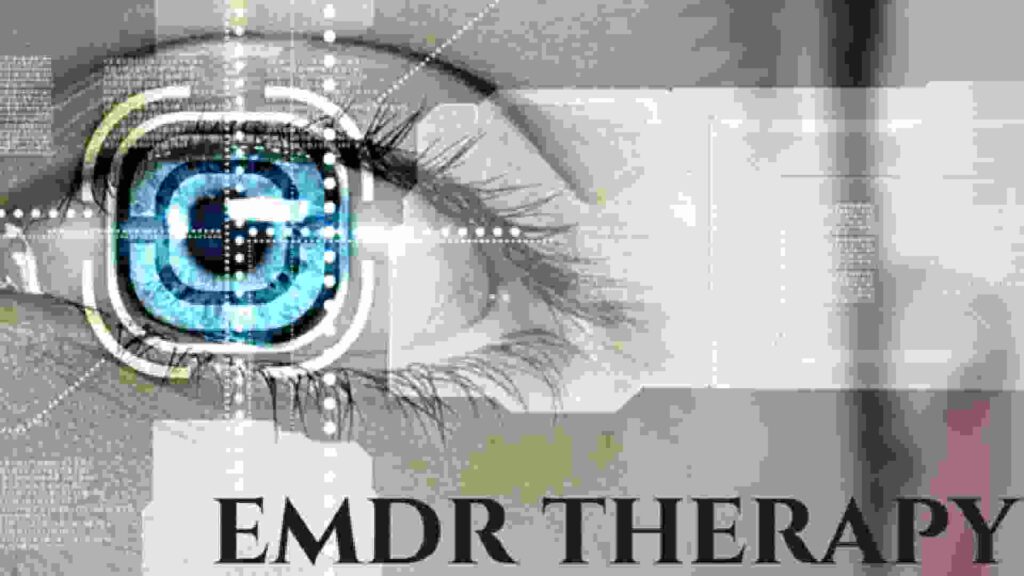EMDR therapy is a powerful and evidence-based approach to treating trauma, anxiety, and other psychological disorders. Through a structured process of bilateral stimulation, EMDR helps individuals reprocess distressing memories and develop adaptive coping mechanisms. In this course, you’ll gain an understanding of the theoretical foundations of EMDR therapy and learn practical techniques to facilitate healing and transformation.
Course Description
1. Basics of EMDR Therapy
Gain an overview of EMDR therapy, including its history, theoretical underpinnings, and therapeutic principles. Learn about the Adaptive Information Processing (AIP) model and how trauma affects the brain’s processing mechanisms.
2. EMDR Therapy Techniques
Explore various EMDR therapy techniques and exercises used to facilitate trauma processing and emotional regulation. Understand the importance of establishing a safe therapeutic environment and implementing self-soothing exercises to enhance client resilience.
3. Step-by-Step EMDR Protocol
Learn the eight-phase protocol of EMDR therapy, guiding you through each stage of the treatment process. Understand the importance of comprehensive assessment, target selection, desensitization, reprocessing, and integration in EMDR therapy sessions.
Course Outline
- Basics of EMDR Therapy
- Course Overview
- Introduction to EMDR Therapy
- Dual Awareness
- Window of Tolerance
- EMDR Therapy Techniques
- EMDR Therapy Self-Soothing Exercises
- Safe Place / Calm Place Exercise
- Container Exercise
- Resource Figures Creation Exercise
- Butterfly Hug Exercise
- Step-by-Step EMDR Protocol
- EMDR 8-Phase Protocol
- Step-by-Step EMDR Therapy
- EMDR for PTSD
Learning Outcomes
- Understand the theoretical foundations and principles of EMDR therapy.
- Learn practical techniques and exercises to facilitate trauma processing and emotional regulation.
- Gain proficiency in implementing the eight-phase protocol of EMDR therapy.
Why This Course is Important
- Effective Treatment: EMDR therapy has been recognized as an effective treatment for trauma-related disorders, offering clients rapid relief and lasting healing.
- Evidence-Based Practice: As an evidence-based therapy, EMDR provides mental health professionals with a structured framework for addressing trauma and promoting psychological well-being.
- Client Empowerment: EMDR therapy empowers clients to process traumatic experiences and develop adaptive coping strategies, leading to increased resilience and improved quality of life.
- Professional Growth: Acquiring skills in EMDR therapy enhances your professional competence and expands your toolkit for addressing a wide range of mental health concerns.
FAQs
Q: Is prior experience in trauma therapy required to enroll in this course?
A: While prior experience in trauma therapy is beneficial, this course is suitable for mental health professionals at all levels of experience who wish to learn EMDR therapy techniques.
Q: Can I expect to receive a certificate upon completing the course?
A: Yes, upon successful completion of the course, you will receive a certificate of completion, validating your knowledge and skills in EMDR therapy.
Q: What is the estimated duration for completing the course?
A: The course duration varies depending on your pace of learning, but typically takes a few weeks to complete all modules and exercises.
Q: Can I apply EMDR therapy techniques in my clinical practice immediately after completing the course?
A: Yes, upon completion of the course, you will have the knowledge and skills necessary to begin incorporating EMDR therapy techniques into your clinical practice.
Hurry Up!
Don’t miss the opportunity to enhance your therapeutic skills and make a meaningful impact in the lives of your clients with EMDR therapy training. Enroll now and take the first step towards becoming a proficient EMDR therapist!



